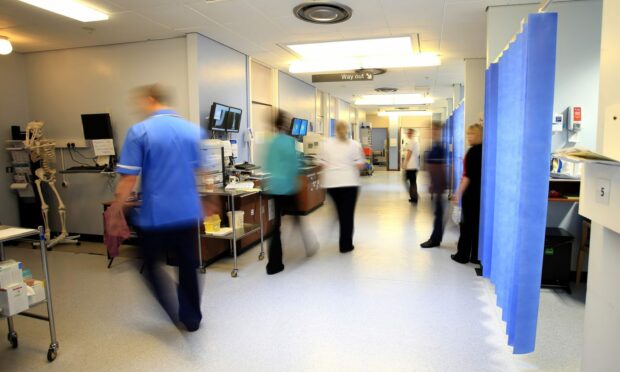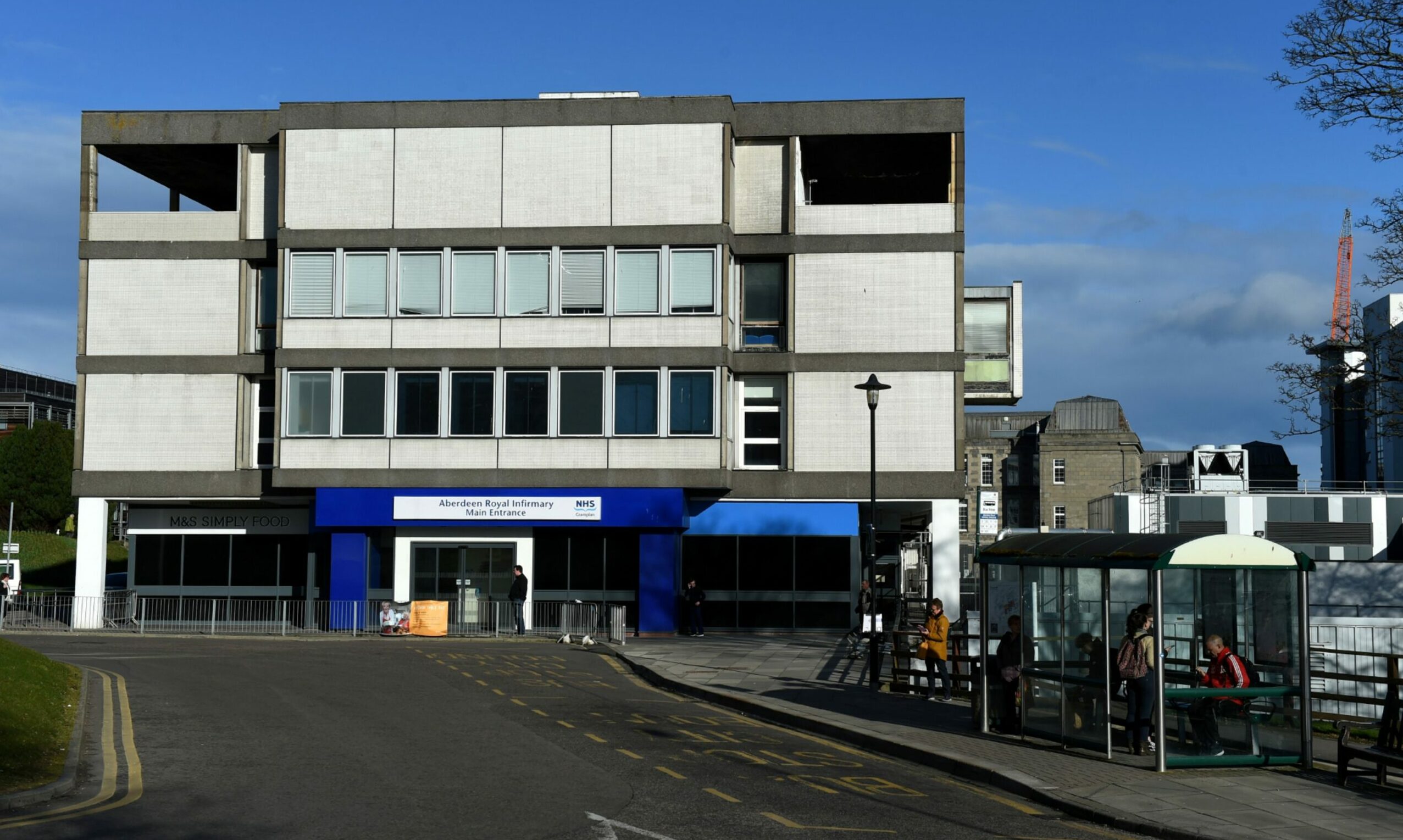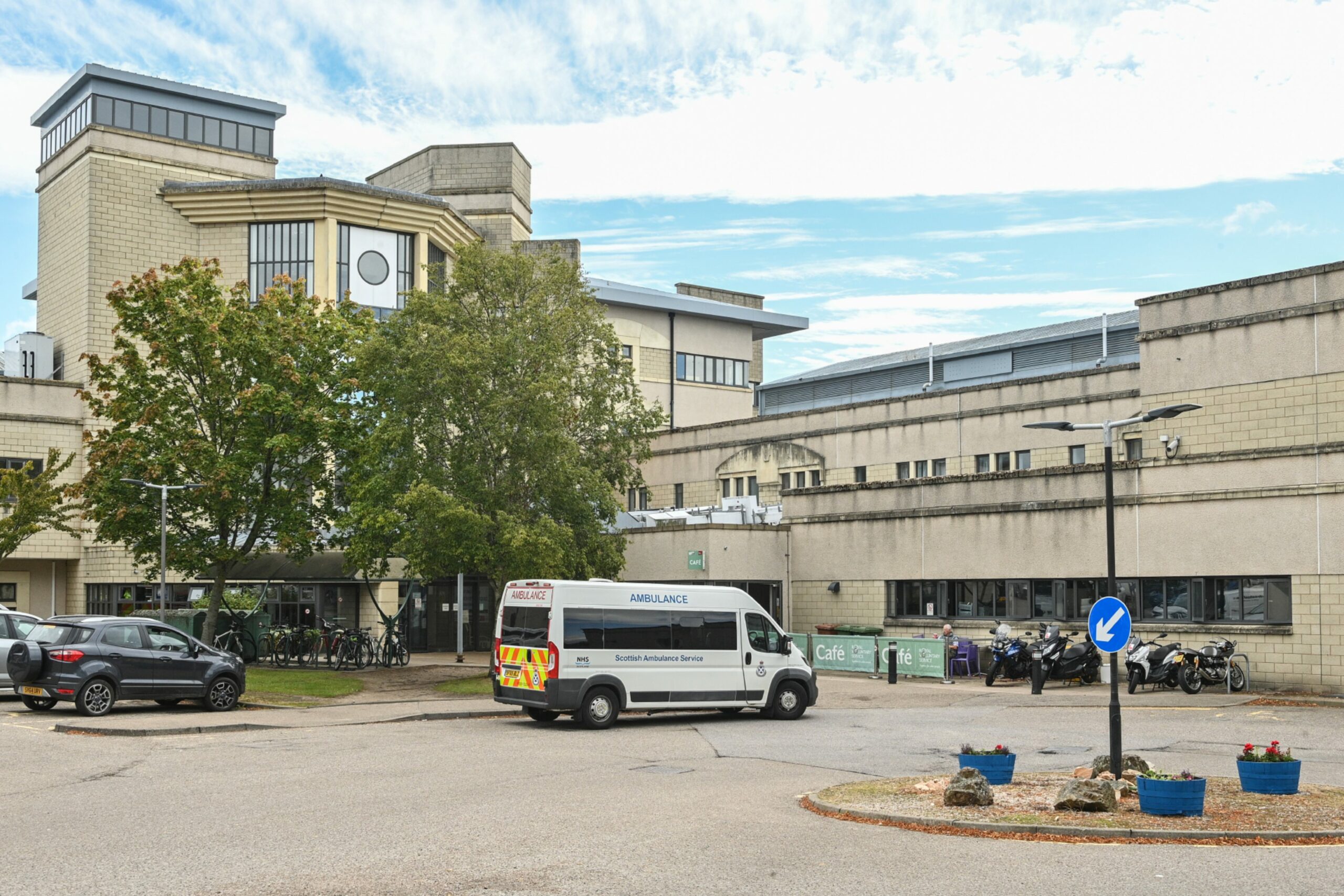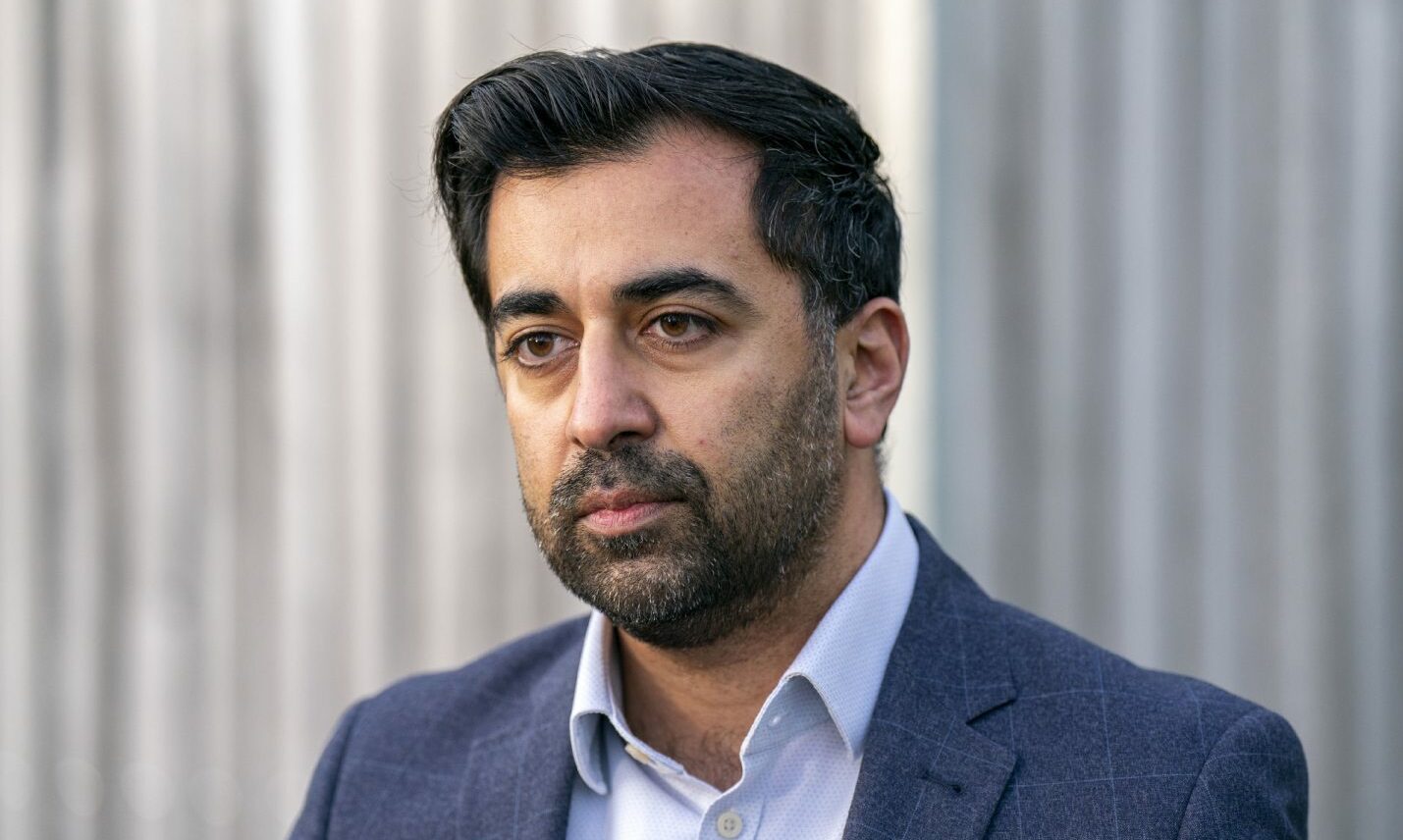Staffing and equipment problems have caused NHS Grampian and Highland to miss the latest cancer treatment waiting times.
Across Scotland, the numbers are at their worst on record, with just 75% of patients starting treatment within the 62-day standard between July and September.
The target is 95%, based on the time between an urgent suspicion of cancer to first treatment.
No health boards managed this in the last three months.
Nationally, it’s not been met in a decade.
Further concern for Grampian and Highland
Additionally, Scotland-wide performance against the 31-day target has also slipped from 95.5% to 94.3%.
This covers the time between decision to treat and the first treatment.
NHS Grampian and Highland missed this target too, alongside Greater Glasgow and Clyde, Lanarkshire and Lothian.
Charity Macmillan Cancer Support says the figures show a “worrying trend” – fearing they could fall further amid the pressures of winter.
Opposition politicians have branded them a “full-blown disaster” and “truly terrifying”.
Why aren’t Grampian and Highland meeting cancer targets?
A new report from Public Health Scotland explains some of the reasons for the failings.
NHS Grampian says vacancies, holidays and other unexpected absences have caused delays in the likes of diagnostics and oncology.
They’ve also left the cancer tracker team with an increased workload.
A number of equipment failures during the period resulted in further issues.
One CT scanner was out of action for months, while some endoscopy reports were delayed.
And damaged pipes at Dr Gray’s in Elgin meant operating theatres were blocked off, with patients referred to Aberdeen instead.
Similar issues with staffing were also reported in the Highlands – with temporary shortfalls and longer-term recruitment concerns.
Health Secretary: We’re still treating more patients than before
Health Secretary Humza Yousaf says the pressures placed on the health service by Covid are still being felt as well.
“Despite those, more patients were treated on both 62-day and 31-day cancer pathways this quarter compared to the previous quarter, the same time last year and the last full quarter pre-pandemic,” he said.
“The median wait for treatment on the 31-day pathway remains at four days, with over nine out of 10 people being treated within it.”
Mr Yousaf also pointed to a £40 million investment to improve waiting times, with a further £10m for the health boards struggling most.
He said rapid diagnostic services are being expanded, while a £3m plan to improve lung cancer treatment was published yesterday.



